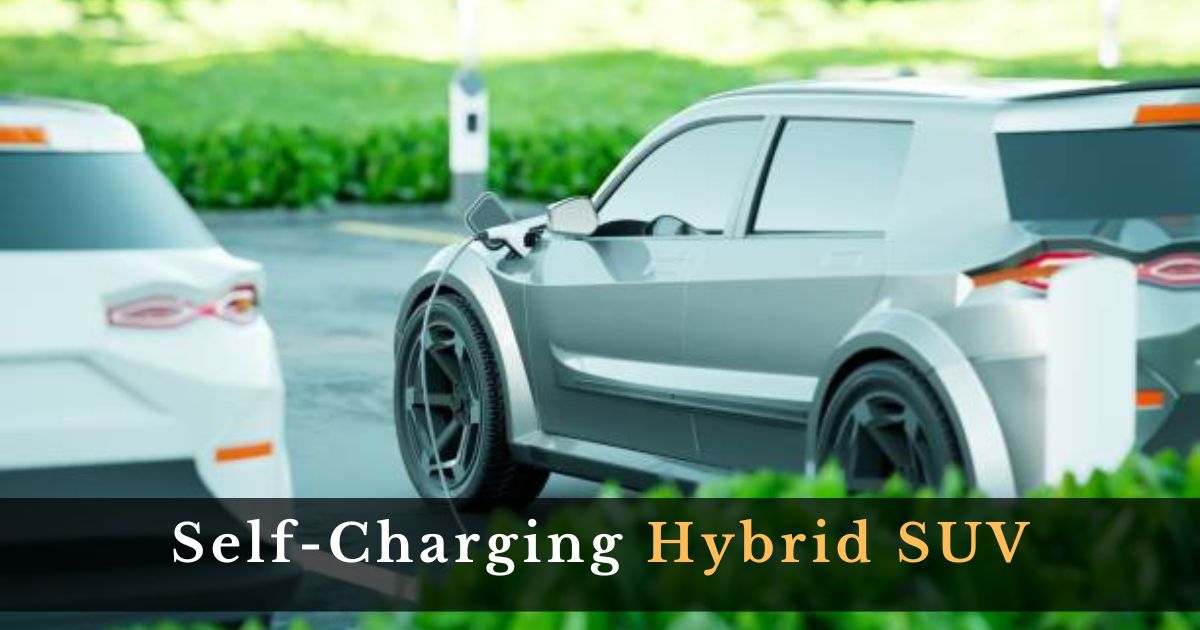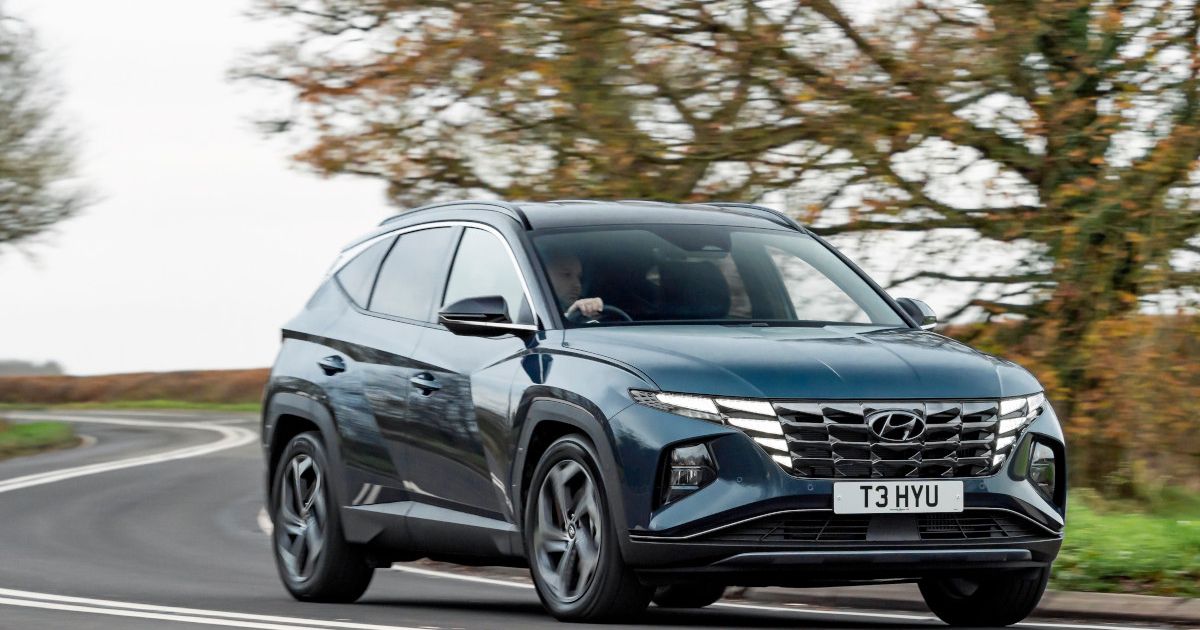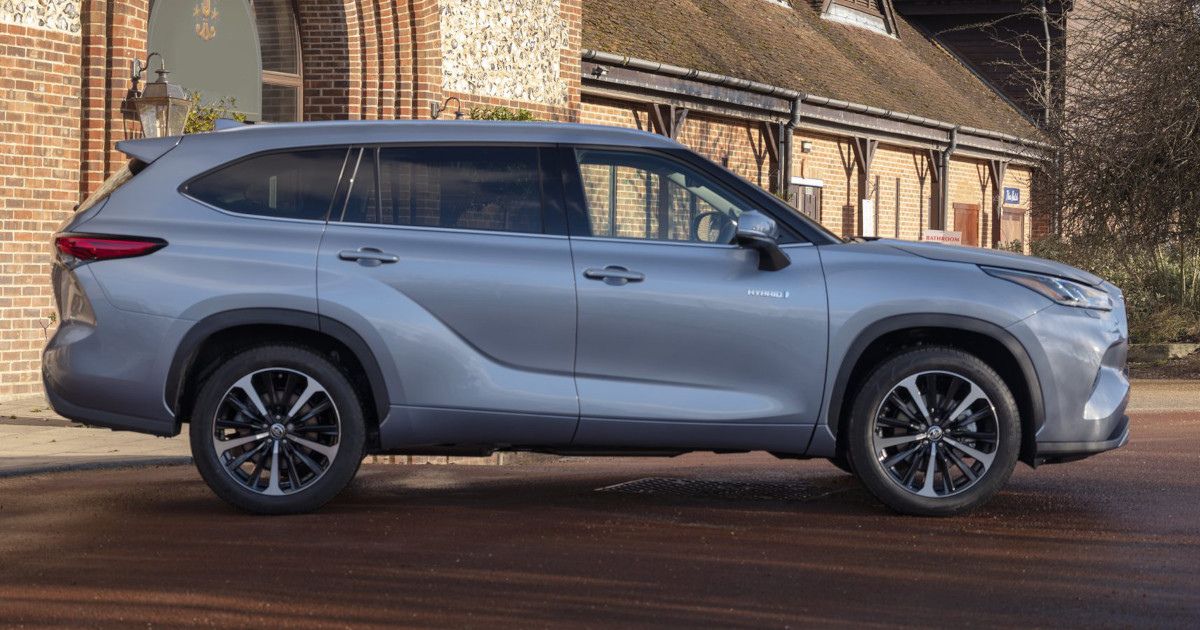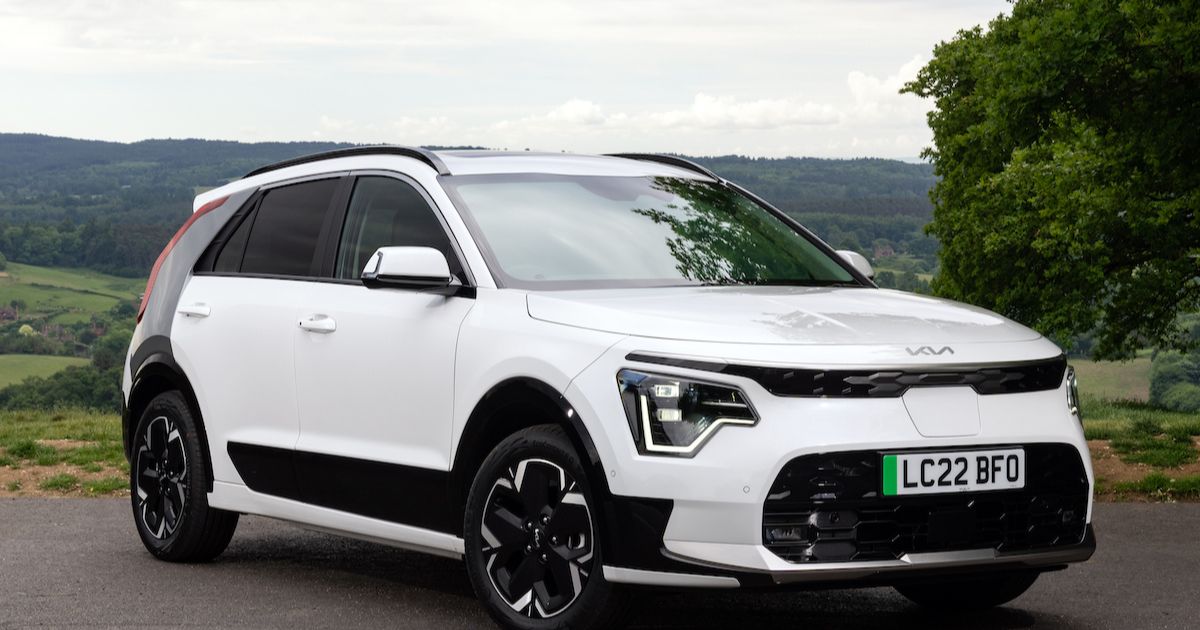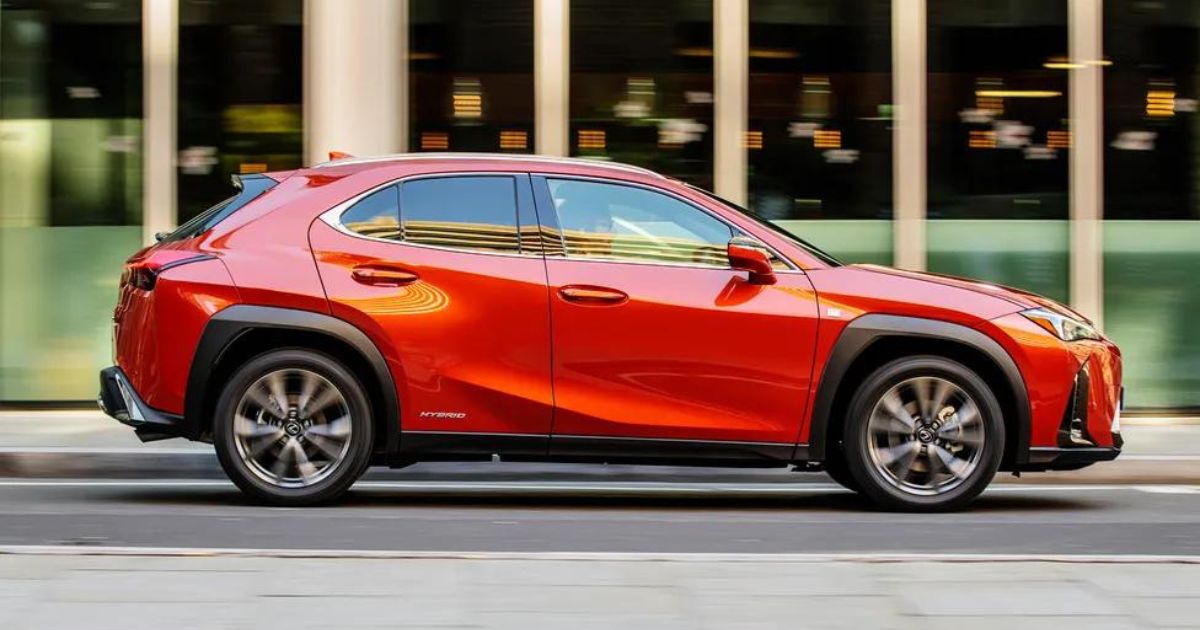Self-charging hybrid SUVs are gaining popularity for their eco-friendly technology and convenience. These vehicles offer a unique blend of electric and gasoline power, providing drivers with the good of both worlds. This article explores what self-charging hybrid SUVs are, how they work, and their benefits.
Self-Charging Hybrid SUV: The Future of Sustainable Driving
Introduction to Self-Charging Hybrid SUVs
When it comes to making environmentally conscious choices without compromising on performance and convenience, self-charging hybrid SUVs stand out. These vehicles are designed to offer the good of both worlds: the efficiency of an electric motor and the reliability of a traditional combustion engine. But what exactly is a self-charging hybrid SUV, and why are they becoming so popular in the automotive industry?
How Self-Charging Hybrid SUVs Work
Self-charging hybrid SUV operate through a sophisticated system that combines an internal combustion engine with an electric motor. Unlike plug-in hybrids, these vehicles do not need to be connected to an external power source to recharge. Instead, they use regenerative braking and the engine’s power to charge the battery while driving. This seamless integration allows the car to switch between or combine both power sources efficiently.
Advantages of Self-Charging Hybrid SUVs
Environmental Benefits: One of the most significant advantages is the reduction in greenhouse gas emissions. By relying more on electric power, these SUVs emit less CO2 compared to their traditional counterparts.
Fuel Efficiency: Self-charging hybrid SUVs are designed to optimize fuel usage, offering greater miles per gallon. This efficiency translates to fewer trips to the gas station and lower fuel costs over time.
Cost Savings: While the initial cost may be higher, the savings on fuel and potential tax incentives can make these vehicles more economical in the long run.
Popular Self-Charging Hybrid SUV Models
Several models have made a significant impact on the market:
Toyota RAV4 Hybrid: Known for its reliability and efficiency, the RAV4 Hybrid offers a smooth ride and excellent fuel economy.
Honda CR-V Hybrid: This model combines Honda’s renowned build quality with hybrid efficiency.
Ford Escape Hybrid: The Escape Hybrid stands out for its impressive driving dynamics and spacious interior.
Lexus RX Hybrid: A luxury option that doesn’t compromise on eco-friendliness, the RX Hybrid is both stylish and efficient.
| Model | Engine Type | Combined MPG | Electric Range (miles) | Starting Price |
| Toyota RAV4 Hybrid | 2.5L 4-cylinder | 41 | N/A | $27,205 |
| Ford Escape Hybrid | 2.5L 4-cylinder | 44 | N/A | $26,595 |
| Hyundai Santa Fe Hybrid | 1.6L Turbo | 38 | N/A | $27,350 |
Environmental Impact
Self-charging hybrid SUVs contribute to cleaner air by reducing the overall carbon footprint. As cities and countries push for stricter emission standards, these vehicles provide a viable solution for reducing pollution and promoting sustainability.
Fuel Efficiency and Cost Savings
Compared to traditional SUVs, hybrid models are significantly more fuel-efficient. This efficiency leads to substantial cost savings over the vehicle’s lifetime, making them an attractive option for budget-conscious consumers.
Performance and Driving Experience
Driving a self-charging hybrid SUV is a unique experience. These vehicles are typically quieter and smoother due to the electric motor. Acceleration is often more immediate, and the handling can be surprisingly nimble for an SUV.
Maintenance and Longevity
Hybrids are known for their reliability. The combination of an electric motor and combustion engine means less wear and tear on each component. Maintenance costs are generally lower compared to conventional vehicles, as hybrid systems tend to be highly durable.
Technology and Innovations
The hybrid technology field is rapidly evolving. Innovations like advanced regenerative braking systems, more efficient battery technologies, and improved power management systems are continually enhancing the performance and efficiency of these vehicles.
Market Trends and Consumer Demand
The demand for self-charging hybrid SUVs is on the rise. Consumers are increasingly aware of their environmental impact and are looking for vehicles that offer both performance and sustainability. This trend is reflected in the growing sales figures and the introduction of new hybrid models by major car manufacturers.
Government Incentives and Regulations
Many governments offer incentives such as tax credits and rebates to encourage the adoption of hybrid vehicles. Additionally, stringent emission regulations are pushing car manufacturers to develop more efficient and cleaner vehicles, further boosting the hybrid market.
Challenges and Limitations
Despite their many advantages, self-charging hybrid SUVs do come with challenges. The initial purchase price can be higher than that of conventional vehicles. Additionally, while infrastructure for hybrid vehicles is improving, it is not as widespread as for traditional cars.
Comparison with Plug-in Hybrid and Fully Electric SUVs
Self-charging hybrids, plug-in hybrids, and fully electric vehicles each have their pros and cons. Self-charging hybrids offer convenience and do not require external charging. In contrast, plug-in hybrids can run longer on electric power alone, and fully electric vehicles produce zero emissions but require a robust charging infrastructure.
Making the Transition to a Hybrid SUV
For those considering making the switch to a hybrid SUV, it’s essential to understand the differences in driving experience and maintenance. Researching various models, test driving, and evaluating long-term savings can help in making an informed decision.
Self-charging hybrid SUVs represent a significant step towards sustainable driving. They offer the perfect blend of efficiency, performance, and environmental benefits. As technology advances and consumer awareness grows, these vehicles are set to play a crucial role in the future of the automotive industry.
FAQs
What is a self-charging hybrid SUV?
A self-charging hybrid SUV combines a traditional combustion engine with an electric motor. It recharges the battery using regenerative braking and the engine’s power, eliminating the need for external charging.
How does a self-charging hybrid SUV save fuel?
These vehicles optimize fuel usage by switching between the electric motor and the combustion engine, leading to greater fuel efficiency and fewer trips to the gas station.
Are self-charging hybrid SUVs expensive to maintain?
Generally, maintenance costs for hybrid SUVs are lower due to the durability of the hybrid system and less wear and tear on the engine components.
Can a self-charging hybrid SUV run on electric power alone?
Yes, but typically for shorter distances compared to plug-in hybrids. The electric motor primarily assists the engine to enhance fuel efficiency and performance.
What are the good self-charging hybrid SUVs on the market?
Popular models include the Toyota RAV4 Hybrid, Honda CR-V Hybrid, Ford Escape Hybrid, and Lexus RX Hybrid, known for their reliability, efficiency, and performance.


